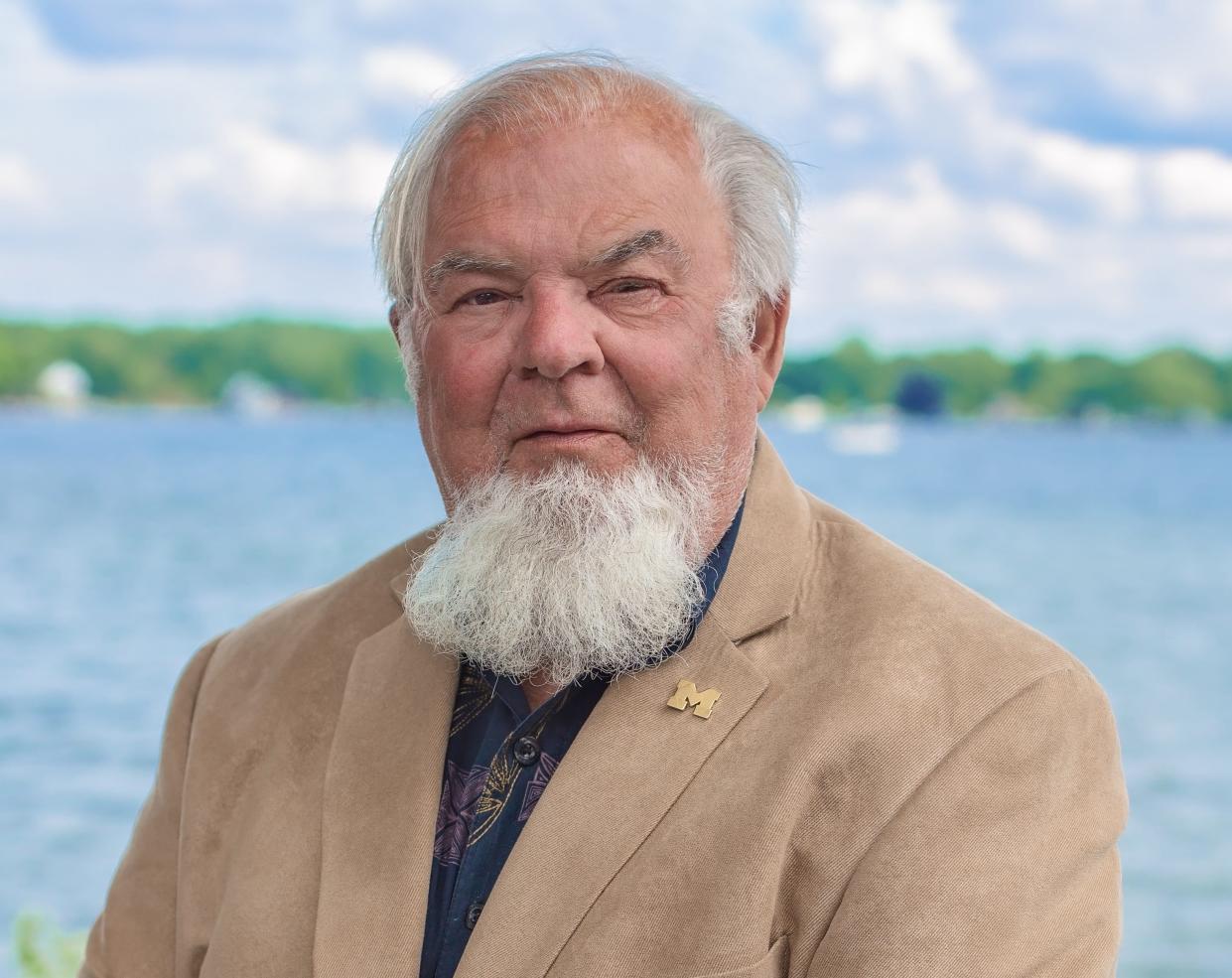Property rights and our conservative Supreme Court

John Locke, the English political philosopher of the latter 17th century, is generally considered to have been on Thomas Jefferson’s mind when he wrote the Declaration of Independence: life, liberty and the pursuit of happiness, which in Locke’s work was life, liberty and “property.” In fact, Locke wrote that property was the chief interest in the creation of government.
Property rights, often overridden in previous cases, have won in two Supreme Court decisions last summer: Cedar Point Nursery v. Victoria Hassid (June 23, 2021) and Alabama Association of Realtors v. Department of Health and Human Services (Aug. 26, 2021). I discussed Cedar Point Nursery here last Aug. 2; today, I write about the Alabama Association of Realtors case. (I have to confess a bias as a real estate broker and attorney, and as a member of the Lenawee County Association of Realtors since 1984. I believe in property rights; I think they are the foundation of our democracy).
In the Alabama Association of Realtors case, the Centers for Disease Control and Prevention (herein CDC) imposed a moratorium on landlord evictions of tenants from rental property who did not pay their rent in counties high in coronavirus cases, after Congress had imposed such a moratorium which subsequently expired. The current Congress did not delegate such power to the CDC, but the CDC relied on a 1944 statute for authorization, Section 361(a) of the Public Health Service Act.
In this case, the Federal District Court for the District of Columbia held for the plaintiff Alabama Realtors, but stayed the decision because of the appeal. Eventually, the Alabama Realtors returned to the said district court to lift the stay. That court agreed for two reasons: 1) the CDC was unlikely to win at the Supreme Court level (the conservative justices previously had shown they were likely to side with the plaintiffs), and 2) the equities had changed in the plaintiff’s favor because of the vaccine inhibiting the spread of COVID-19 and rental assistance from the federal government had improved, “… while the harm to landlords had continued to increase.”
When the case reached the Supreme Court, it agreed with the district court that the stay should be lifted. The court held that the 1944 congressional statute was not sufficient to authorize the moratorium, which was based on the theory that eviction would lead to people living in close quarters (e.g., with other family, homeless shelters, etc.) thus increasing the spread of COVID-19. The court found the said statute dealt with concrete things like inspections, fumigation, disinfection, pest extermination, etc., and would not support a broad theory: Section 361(a), “…is a wafer-thin reed on which to rest such sweeping power.” Also, the CDC was messing with federalism: landlord-tenant relations are primarily a matter of ctate law.
The conservative justices empathized with the property owners, being at risk of irreparable harm by depriving them of their rent payments with “… no guarantee of eventual recovery.” Importantly, there was a fundamental property principle involved: “… preventing them from evicting tenants who breach their leases intrudes on one of the most fundamental elements of property ownership — the right to exclude.” This was the same fundamental principle in Cedar Point Nursery.
Regarding the public interest, the court cited Youngstown Sheet & Tube Co. v. Sawyer (1952), which prevented President Harry Truman from seizing the nation’s steel mills without congressional authorization: “… our system does not permit agencies to act unlawfully even in pursuit of desirable ends … It is up to Congress, not the CDC, to decide whether the public interest merits further action here.”
Justice Stephen Breyer dissented, joined by Justices Sonia Sotomayor and Elena Kagan, the liberals. Breyer differed from the conservatives on the balancing of equities. Balancing is the typical methodology of the court on property matters. It is the greatest power of the court, where values inherently come into play.
Conservatives versus liberals — it should be an interesting year to follow the court. For us who favor property, a great year.
James W. Pfister, J.D. University of Toledo, Ph.D. University of Michigan (political science), retired after 46 years in the Political Science Department at Eastern Michigan University. He lives at Devils Lake and can be reached at jpfister@emich.edu.
This article originally appeared on The Daily Telegram: James Pfister: Property rights and our conservative Supreme Court

